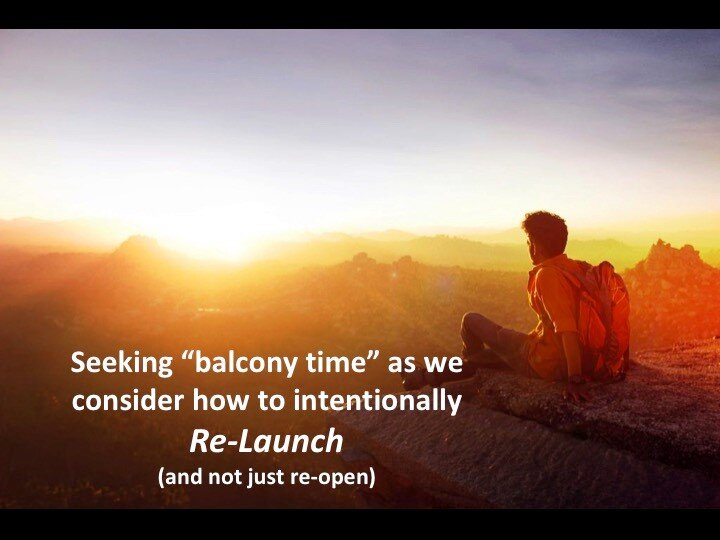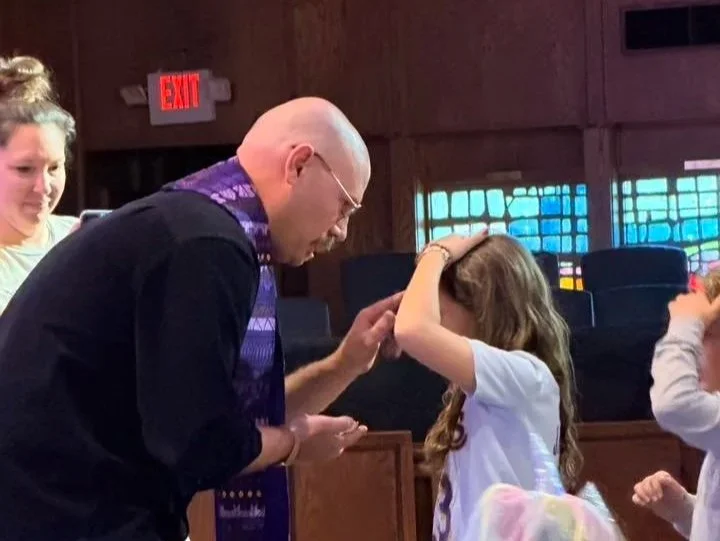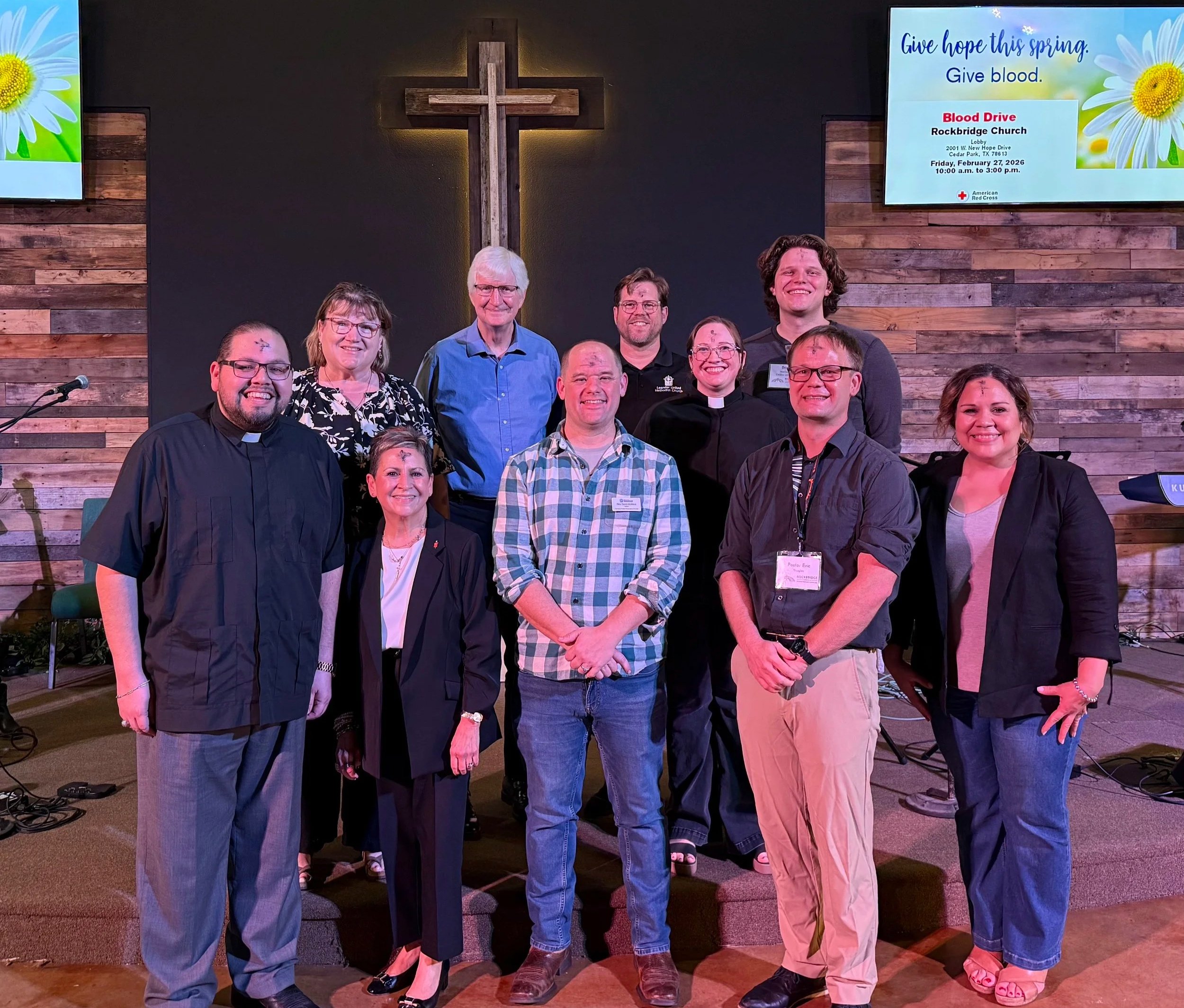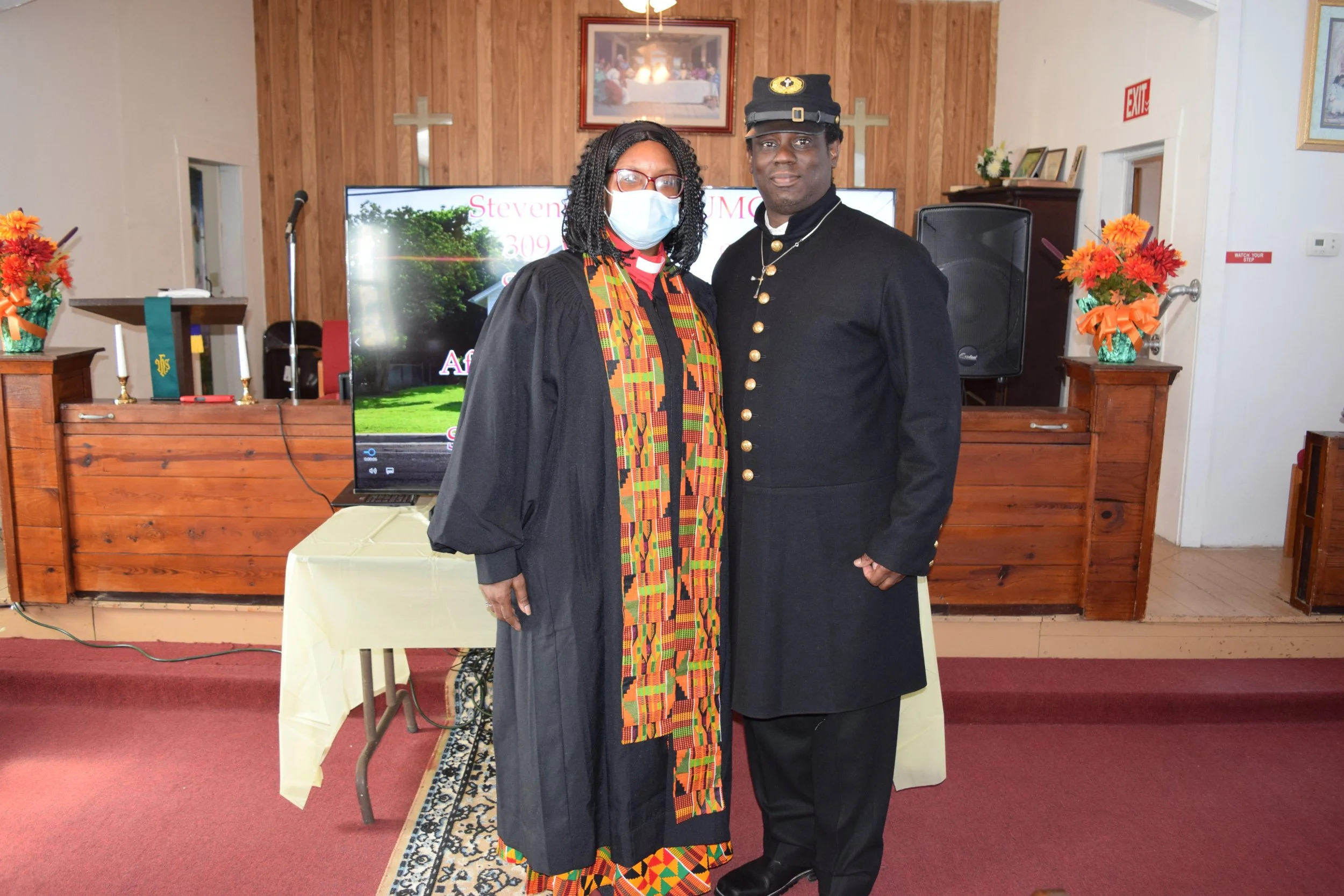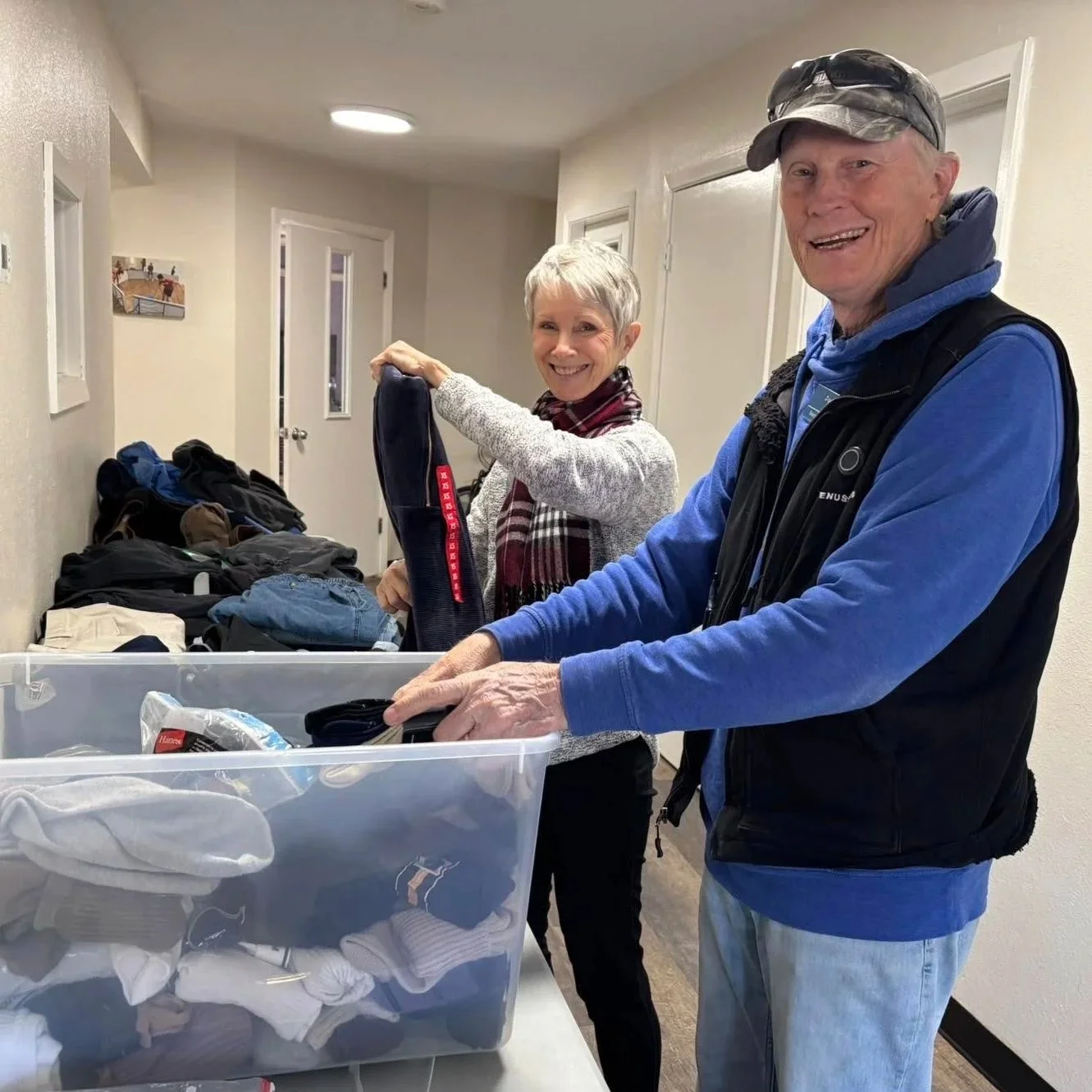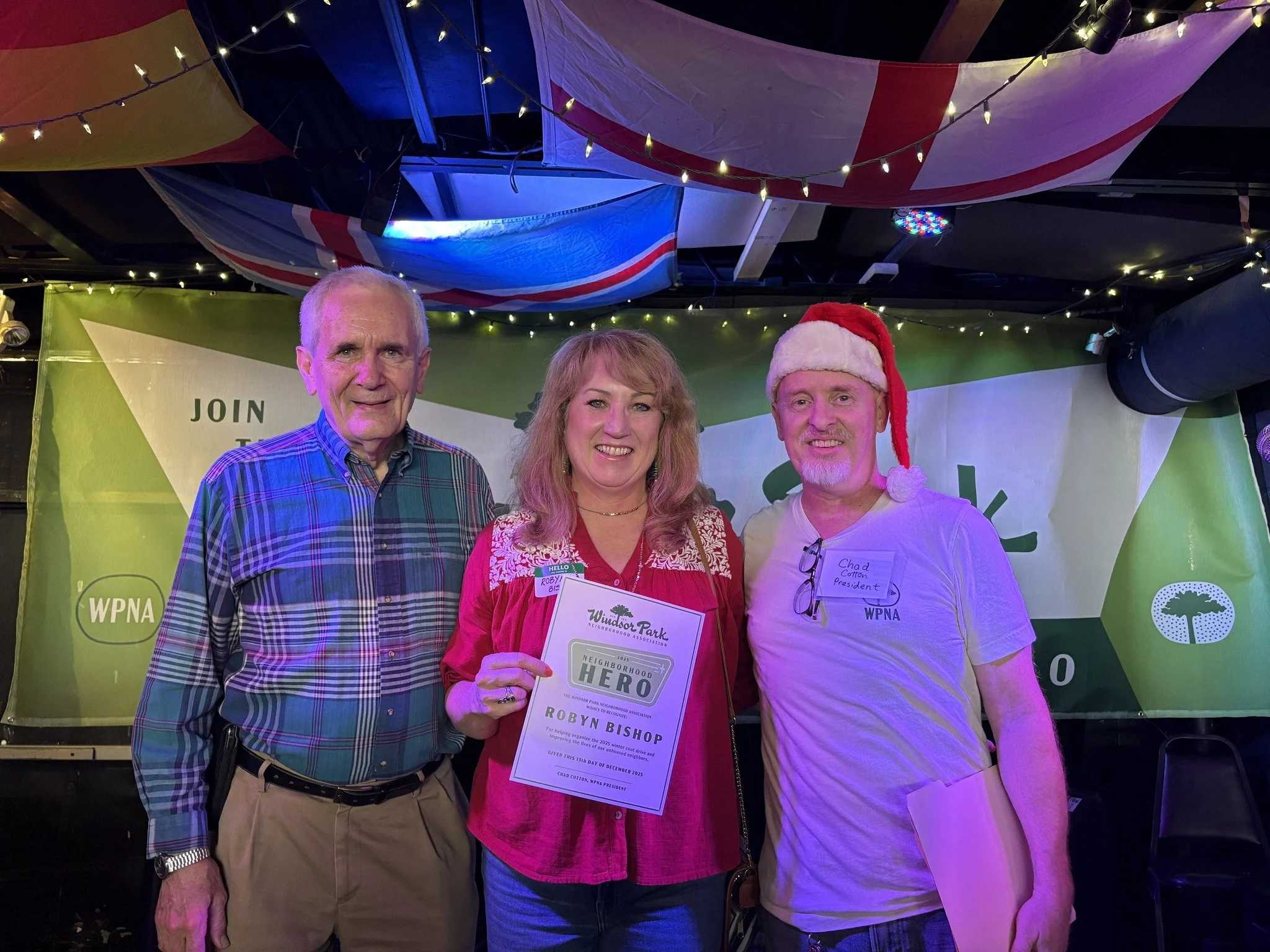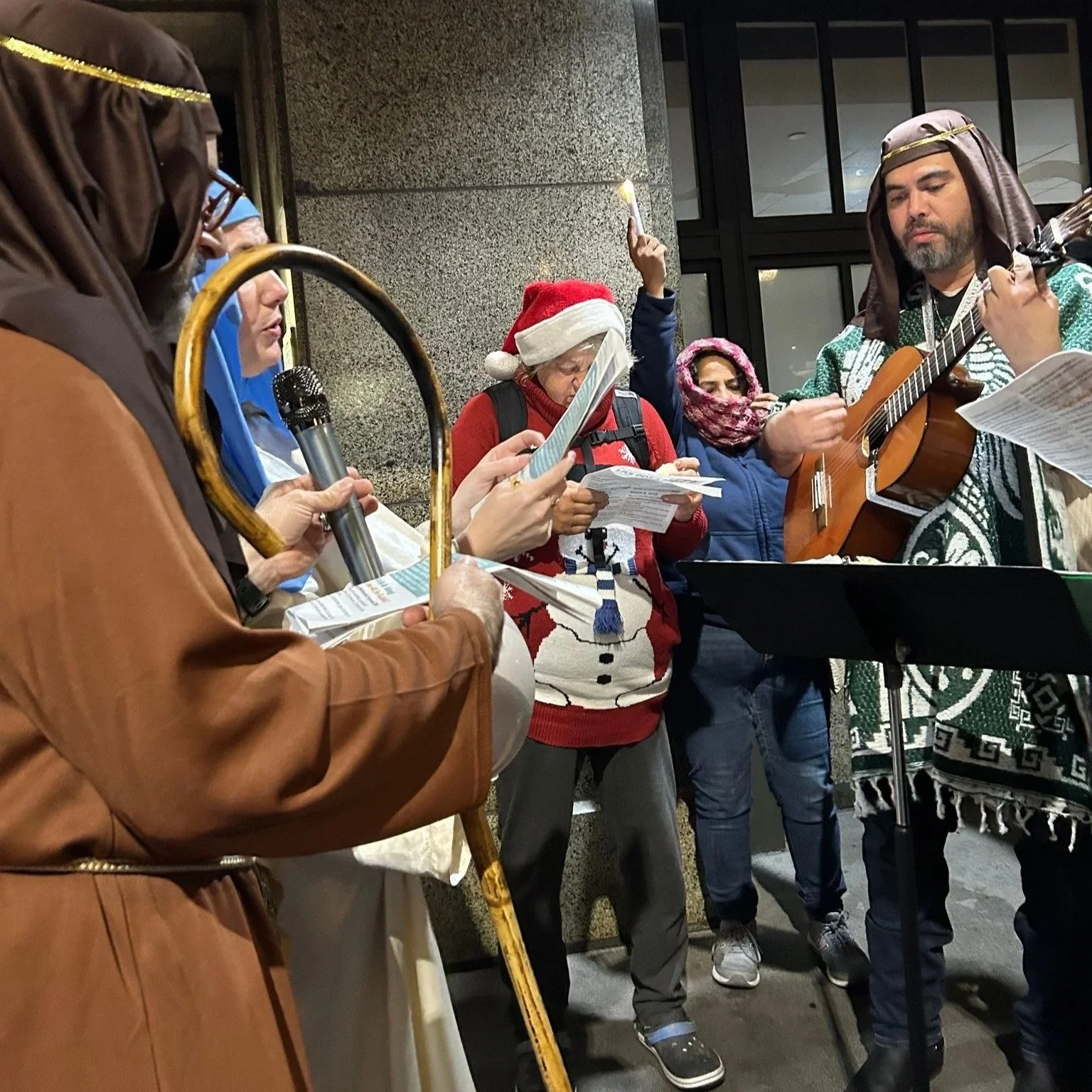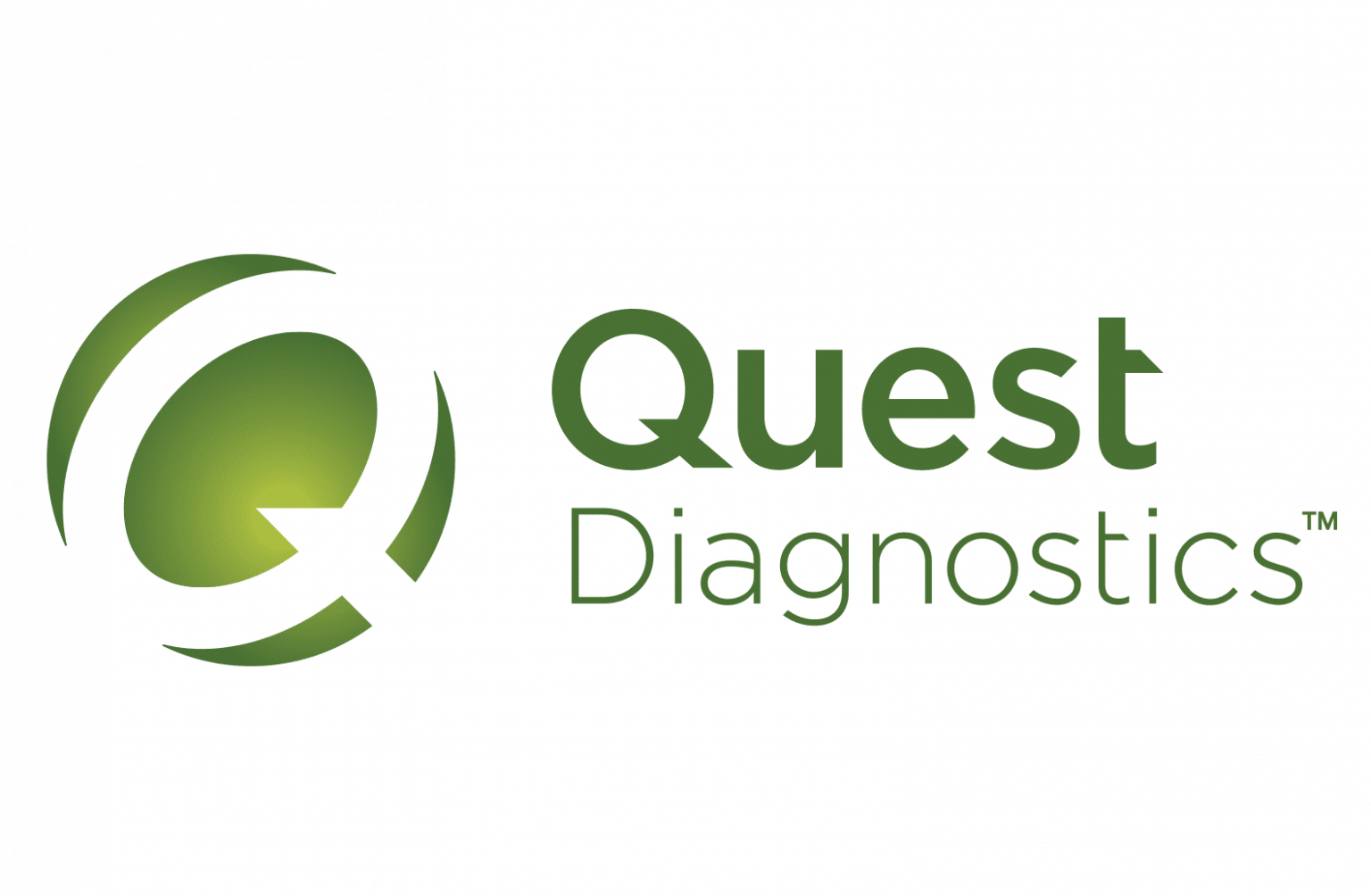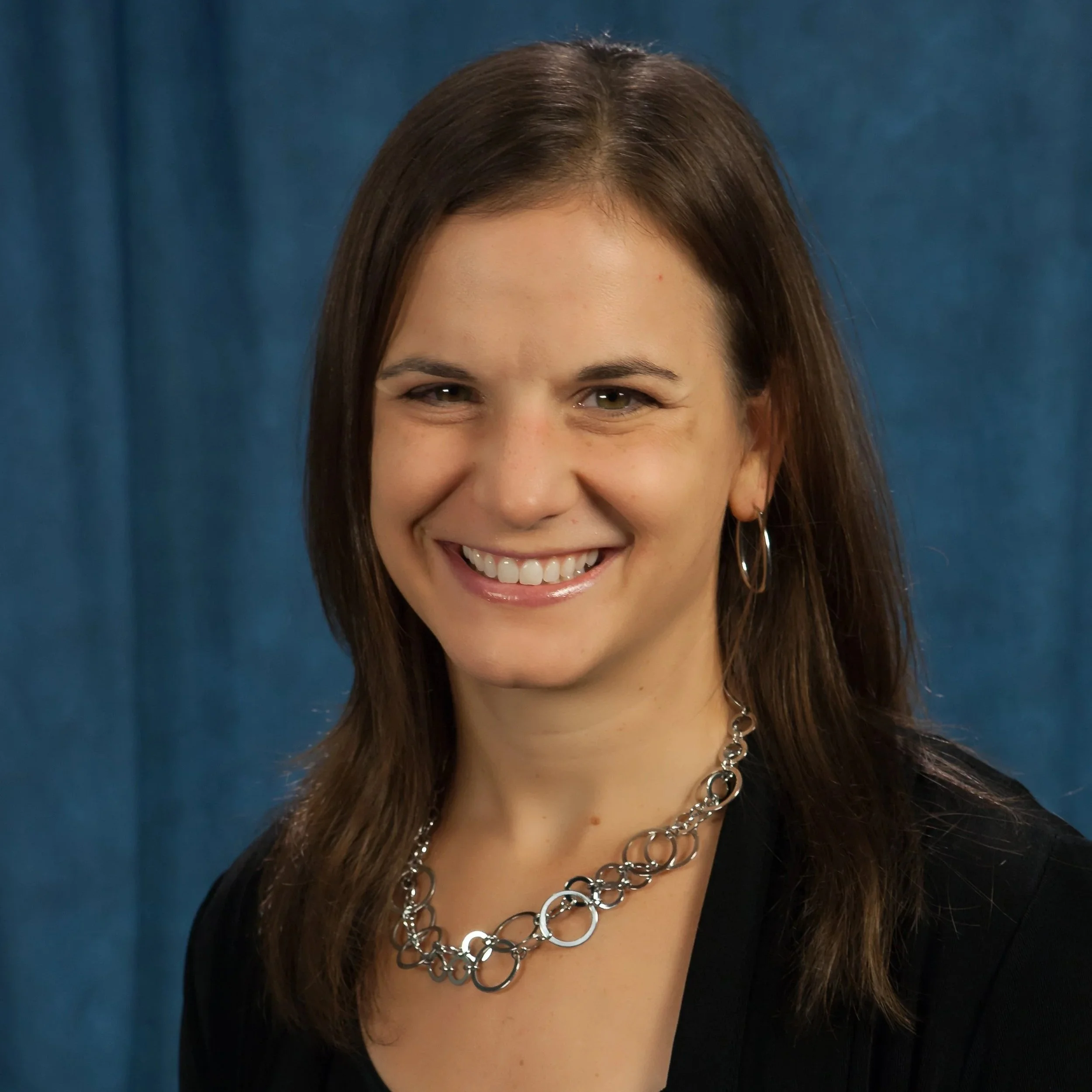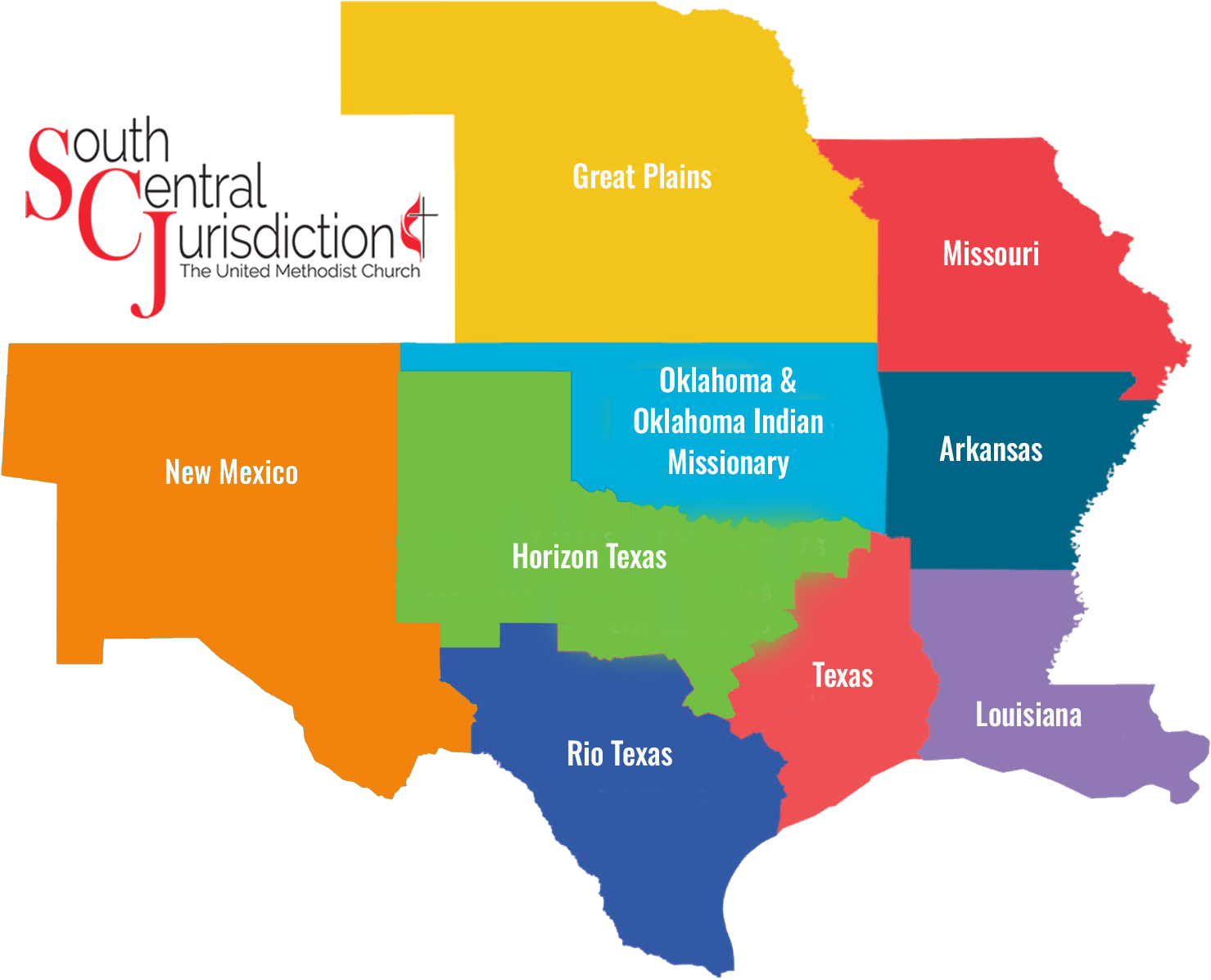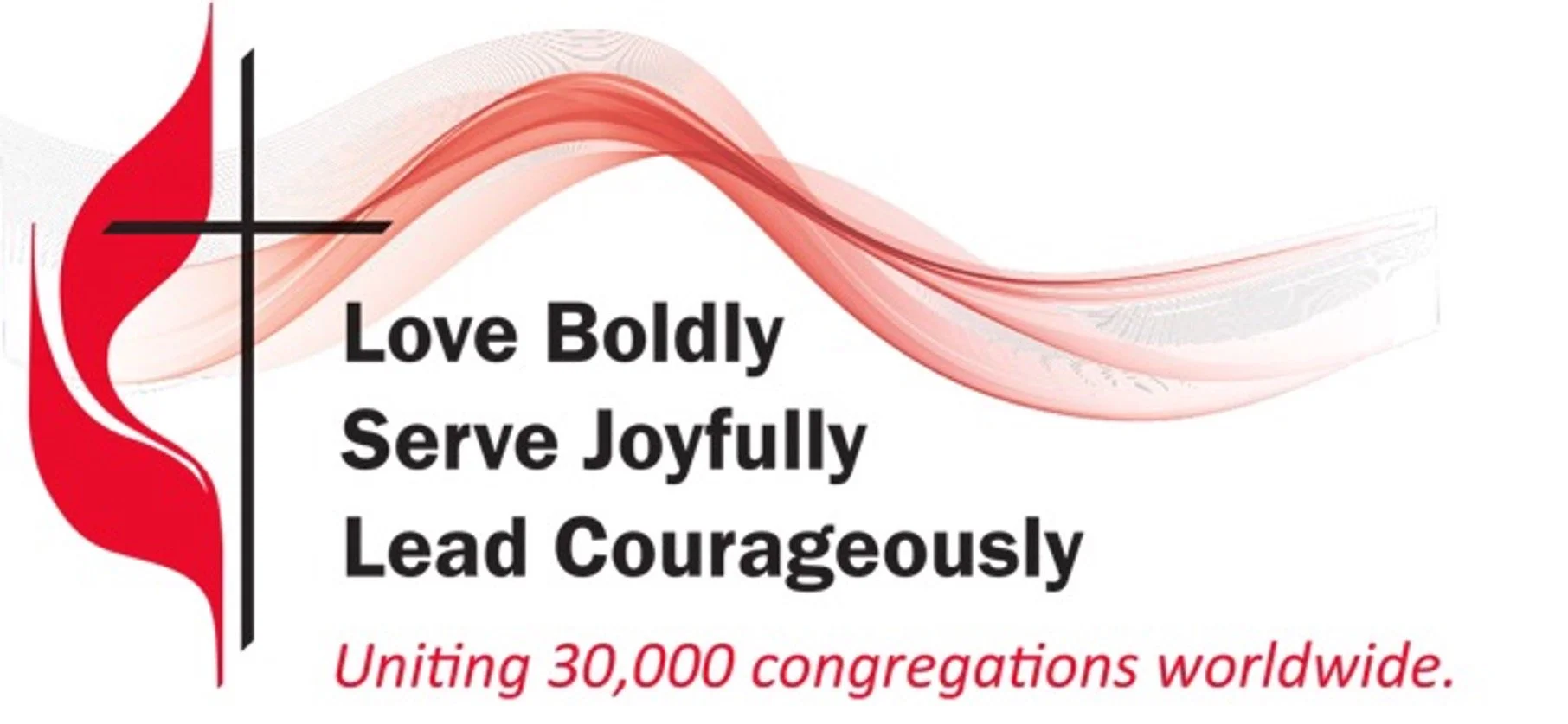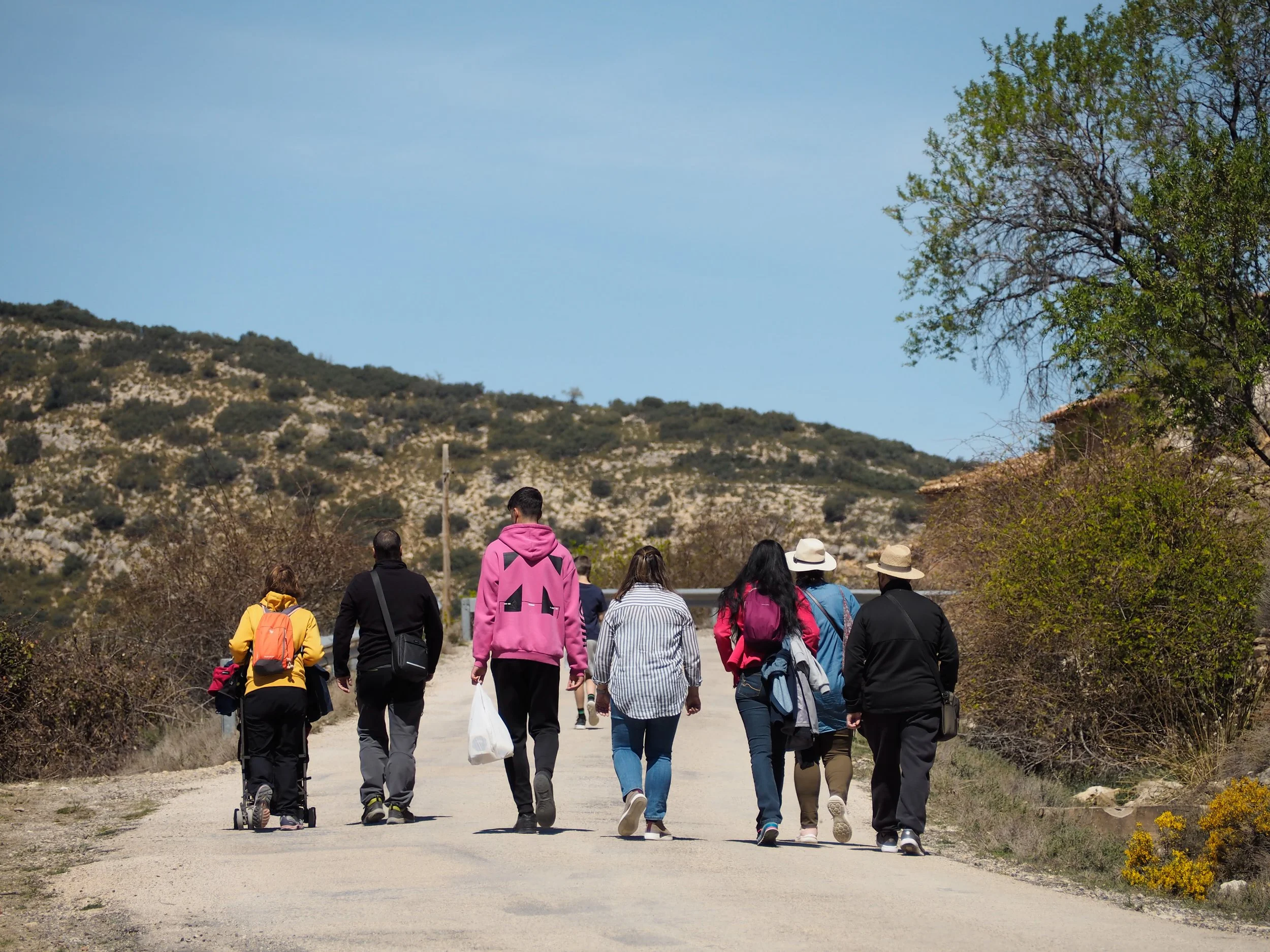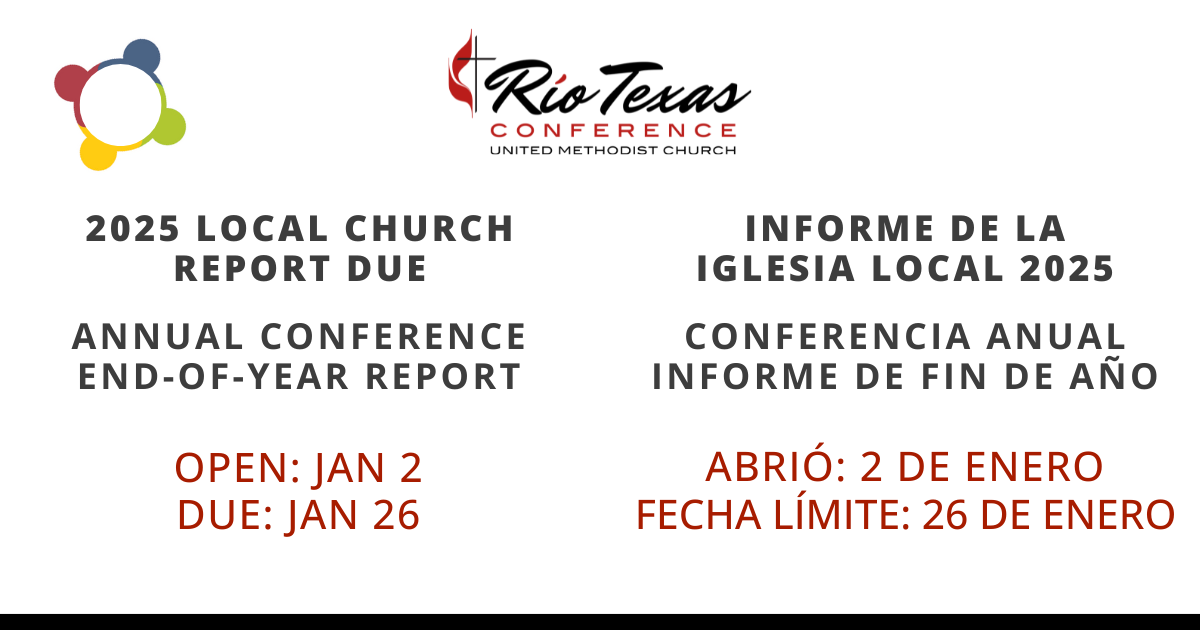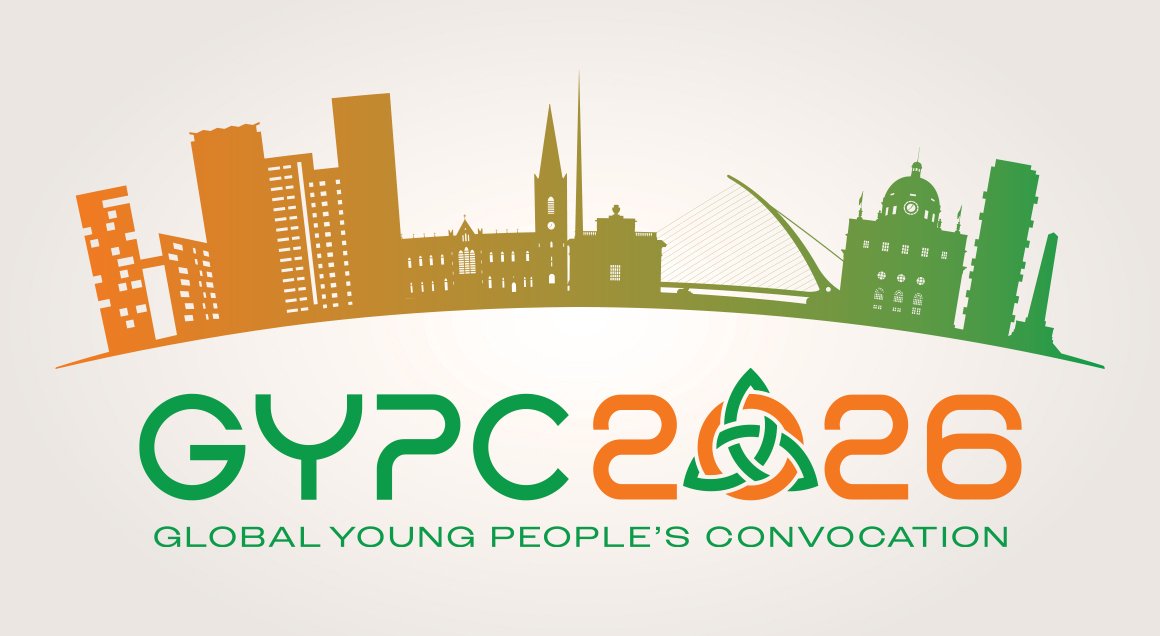Zoom gatherings—limited to 30 people per session
This is primarily for Clergy but 1 key lay/staff person can be invited from each church
(More can be scheduled if needed!)
Led by Rev. Karen Horan, Director of Creating/ Vitalizing Congregations and Developing Leaders
Churches with average worship attendance of 120 or less
May 4, 9:00-11:00 a.m. - Session Completed
May 4, 1:00-3:00 p.m. - Session Completed
May 5, 9:00-11:00 a.m. (Spanish interpretation available) - Session Completed
Churches with average worship attendance of 120-300
May 5, 1:00-3:00 p.m. (Spanish interpretation available) - Session Completed
May 6, 9:00-11:00 a.m. - Session Completed
May 6, 1:00-3:00 p.m. - Session Completed
Churches with average worship attendance of 300+
May 7, 9:00-11:00 a.m. - Session Completed
May 7, 1:00-3:00 p.m. - Session Completed
(And please note…we may not need two hours, so don’t get freaked out)
It is easy to get overwhelmed with SO MUCH information. Sure, a lot of it is great, but sometimes we read and listen to so many voices, we forget to stop and pray…pray and listen…and trust what you know about yourself, your leaders and your community of faith.
Yep, I have a list of resources you can check out (or choose not to!) …and you probably have a lot you could give me to share. Let’s do all of that, but sometimes we just need time to get on the balcony to get perspective. We won’t have all the answers, and you won’t have a strategic plan at the end of the two hours, but maybe we have some room to think, dream and breathe…we can always meet again!
Join me on one of the days listed above to get on the balcony—to think and pray about some of these questions and more:
What can we do now to be ready for re-launching?
Discern and evaluate – what does the church need to keep doing that has worked during this time? What new skills have you developed, and what fruit have you seen as a result? Have you learned new ways to connect with people inside the church? With those visiting virtually? What have you learned about on-line worship and new ways of giving? How are you staying creative?
Discern and evaluate – what have we been forced to stop during this crisis that maybe doesn’t need to start again? Or another way to ask that is, what is essential going forward, and what is not? How will you decide? How might you listen to your leaders and participants in your ministries to answer this question?
What gifts have you received during this time that you don’t want to lose? What have you learned that is so essential, you want to hold onto it? As a leader? As a church? As a community?
What is next and how can the church be intentional?
How can you be intentional about listening to staff and leaders, praying, and communicating what is next?
What is a goal or dream your church has had but not yet realized? Has your perspective on this changed?
What will be different, what will be the same as the building re-opens? How might staff roles/leadership roles change based on the focus of re-launching? What are resources of time, money, or people that could be put to use in a new way?
How can you as the leader be prepared for the possible push back that could come? How might you explain the “why” behind the “what”?
What can be new?
Could your church be a both/and community of faith, present with each other both in person and online?
How might you reach deeper into your zip code and reach far beyond it?
Could your church become a place for people to process their grief as a result of this crisis? What are some ways you could provide resources and space for listening, especially for people outside your church?
How might you re-imagine a summer connection with children and families, if Vacation Bible School isn’t wise in your context? If you have mission trips planned for youth, could you make those smaller, local events that connect people in new ways with your own community?
Will you consider creating space to keep the creative “juices” going? With whom? When and how often?
What questions might you bring / need to consider?
Resources to check out:
Video/Webinars:
Re-Launch – Path 1 (free) Re-Launch.mp4 (there is also a free study guide on the Path 1 website)
Fuller Seminary Formation classes (Free until July 1)
Especially Tod Bolsinger’s “Leadership in a Changing World” https://formation.fuller.edu/.
Fresh Expression Webinars (free) – scroll down to Reset: Start your church again after the Quarantine https://freshexpressionsus.org/distributedchurch
ClergyEducation.com has a variety of pre-recorded sessions that cost $15-$20 each. https://clergyeducation.com/recorded-courses/
Articles/Blogs/Websites:
Leading Beyond the Blizzard
Carey Nieuwhof blogs (careynieuwhof.com)
We’re all start-ups now (whether we like it or not)
4 ways to quickly (and unintentionally) stop your innovation curve and miss the future
Tom Bandy Positive Trends, Social Realities and the Future of the Post-Covid 19 Church (ministrymatters.com)
For any questions, please feel free to reach out to Nicole Alabi, Administrative Assistant for Project Development, Implementation, and Support, at (210) 408-4514 or nicolea@riotexas.org.



